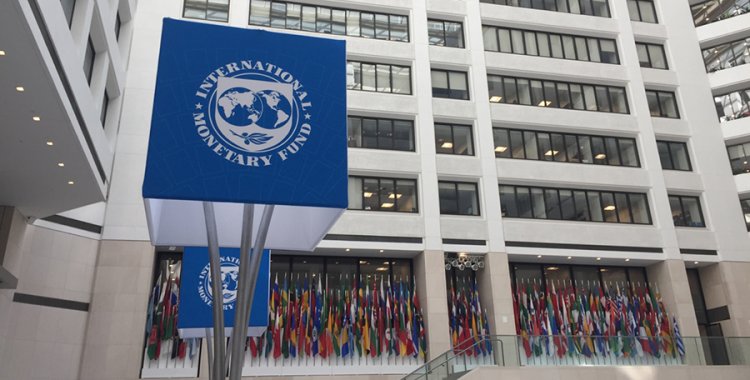According to the World Economic Outlook update released this Tuesday in Washington, the IMF forecasts that these African economies will contract Gross Domestic Product (GDP) by 3.2 percent due to the economic and health impacts of the covid-19 pandemic.
For oil-producing countries, the forecasts are even more pessimistic, and also worsen April's estimates: the IMF now expects a drop of 8.4 per cent, which represents a 0.8 point worsening from the 7.6 per cent recession forecast two months ago.
The update of the forecasts does not present new estimates for any Portuguese-speaking African country, but only anticipates changes for the largest economies, such as Brazil, which should have a fall in GDP of around 9.1%, which represents a worsening of 3.8 percentage points compared with the initial forecast.
The fall in forecasts was already expected, since a month ago the director of the African department of the IMF, Abebe Selassie, had already said that the reality was worse than the forecasts.
"This is one of the most challenging and difficult times ever, for the economy and for people," said the IMF chief during a 'webinar' organised by the Royal Institute of International Affairs, Chatham House, on 20 May.
"When we came together to make the forecasts [of the April report on sub-Saharan Africa], we focused on the 1.6 percent figure for economic contraction, which means a per capita reduction of 4 percent, and at that time we expected the containment measures to be limited to one quarter and then there would be a recovery, but we see now that the economies are reopening and the recovery is slowing down, so we are going to review the forecast for the economy in the coming weeks," said then the head of the African department.
For Selassie, "the downside risks that were identified when the report was made seem to be materializing, so the main concern is that the outlook for the economy has a darker picture.
At the global level, the IMF forecasts a contraction of 4.9 per cent, which is 1.9 points lower than the April estimate: "The covid-19 pandemic had a more negative impact on economic activity in the first half of the year than we had anticipated, and the recovery should be more gradual than we had anticipated", argue IMF analysts.
In Africa, there are 8334 confirmed deaths in more than 315,000 infected in 54 countries, according to the latest pandemic statistics on that continent.
Among the African countries that have Portuguese as their official language, Equatorial Guinea leads in number of infections and deaths (2001 cases and 32 deaths), followed by Guinea-Bissau (1556 cases and 19 deaths), Cape Verde (984 cases and eight deaths), Mozambique (757 cases and five deaths), São Tomé and Príncipe (702 cases and 12 deaths) and Angola (186 infected and 10 deaths).
Brazil is the Portuguese-speaking country most affected by the pandemic and one of the hardest hit in the world, accounting for the second highest number of infected and dead (over 1.1 million cases and 51,271 deaths), after the United States.







